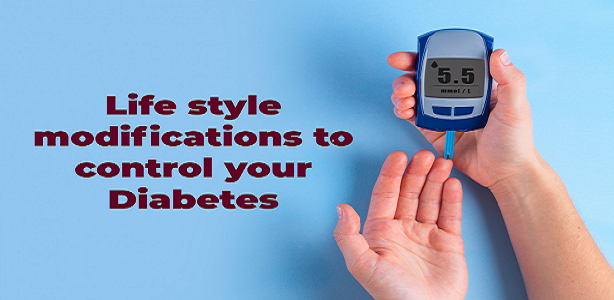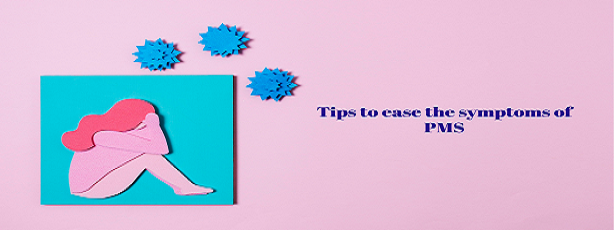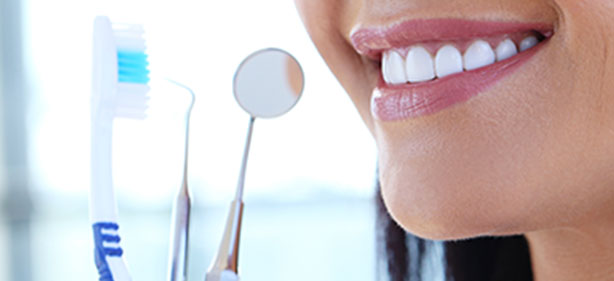People with diabetes have a higher chance of having periodontal (gum) disease, an infection of the gum and bone that hold the teeth in place. Periodontal disease can lead to pain, bad breath that doesn’t go away, chewing difficulties, and even tooth loss.
Diabetes can also slow down healing, so it can interfere with treatment of periodontal disease.
Control your blood sugar levels. Use your diabetes-related medications as directed, changing to a Healthier diet and even exercising more can help.
Good blood sugar control will also help your body fight any bacterial or fungal infections in your mouth and help relieve dry mouth caused by diabetes.
Avoid Smoking
Good oral hygiene habits may help prevent some types of heart infections. Brush your teeth with fluoride toothpaste at least twice a day and floss at least once a day.
Maintain a healthy diet that is low in sugar.
You may need to take special precautions if you have any of the following conditions: prosthetic heart valve, history of endocarditis, or a heart defect (such as a damaged valve).
The respiratory system can suffer as a result of poor oral health. Bacteria in the mouth from infected teeth and swollen gums can be breathed into the lungs or travel there through the bloodstream. Once there the bacteria can lead to respiratory infections, pneumonia, acute bronchitis, and even COPD.
According to the National Rheumatoid Arthritis Society, people with gum disease were four times more likely to have Rheumatoid Arthritis. Both diseases have inflammation in common. The oral bacteria from gingivitis can increase inflammation throughout the body. This makes the risk for developing rheumatoid arthritis, a painful and debilitating inflammatory disease, much higher.
To practice good oral hygiene:
- Brush the teeth and gums for two minutes at least twice a day.
- Floss the teeth daily.
- Avoid smoking cigarettes or chewing tobacco products.
- Use toothpaste and mouthwash products that contain fluoride.
- Limit sugary foods and drinks.
- Eat a well-balanced diet for optimum nutrition.






_2023-07-07-11-56-52.jpeg)









